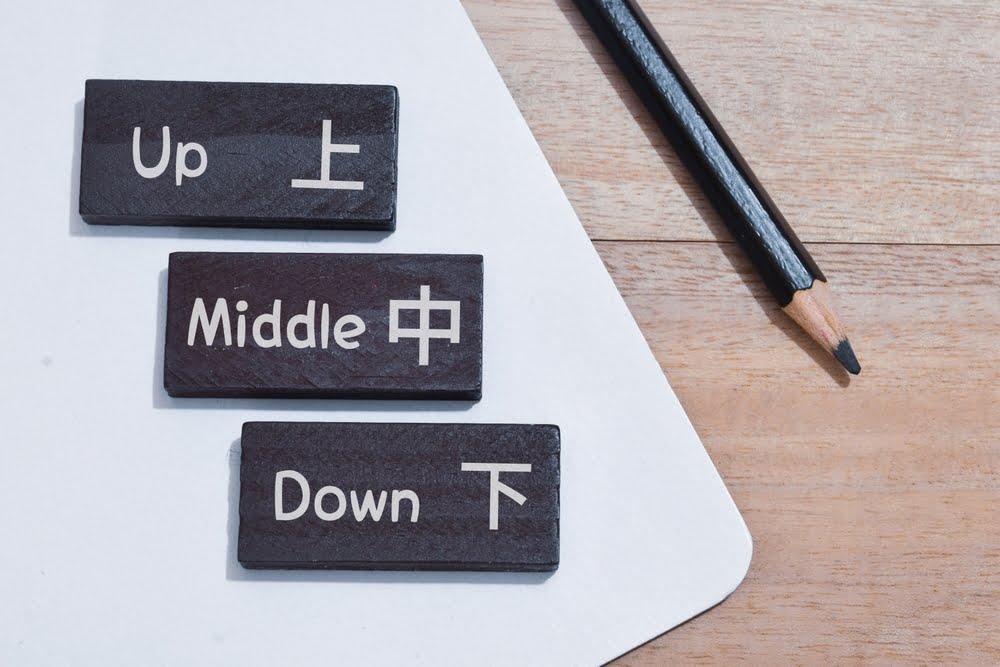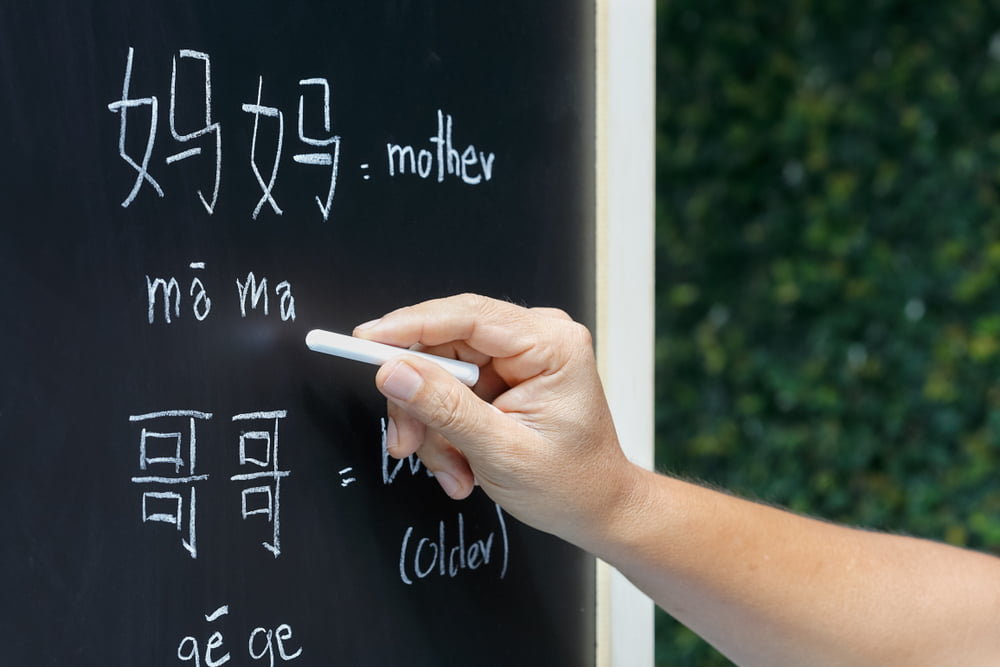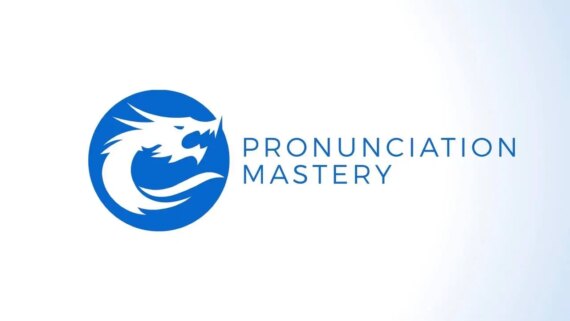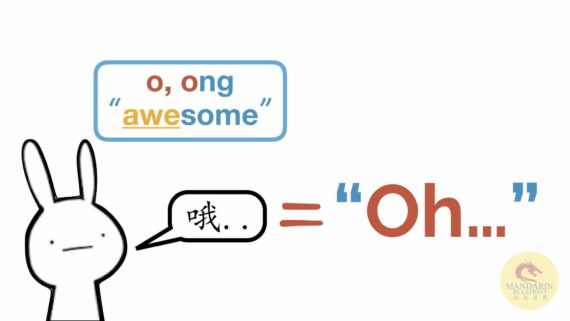The Importance of Pronunciation in Chinese

It’s time to sit down and have a chat about something that’s super important when you’re trying to get the hang of Chinese — pronunciation. Now, this isn’t some boring lecture, so grab a cup of tea, sit back, and let’s dive into the fascinating world of Mandarin Chinese together.
You see, when you’re learning a new language, every little bit counts. It’s like weaving a beautiful tapestry. Each thread, each stitch, contributes to the final masterpiece. In the rich world of Chinese, learning how to master Chinese pronunciation is one of those crucial threads. Let’s get straight into it.
Embracing the complex beauty of Chinese pronunciation
First things first, let’s talk about the elephant in the room: the unique complexity of Mandarin Chinese pronunciation. It’s a tonal language, which means that how you say a word (your tone) can change its meaning entirely.
Picture this — you’re trying to say, “I want to ask a question,” but with a slight tonal misstep, you end up saying, “I want to kiss an apple.” Oops!

To avoid these hilarious — and sometimes embarrassing — mix-ups, it’s super important to get those Chinese sounds just right.
To make things a bit easier, Mandarin Chinese comes with a phonetic guide called pinyin. But let’s be honest, the sounds and consonants it maps out can be totally foreign to us non-natives. So, mastering the relationships between tones, consonants, and vowels in Chinese pronunciation is key to unlocking the beautiful mystery of the language.
Related Reading: Best Way to Learn Mandarin By Yourself: 15 Essential Tips
The power of pronunciation in communication
Just like in any language, getting your pronunciation right in Chinese can make or break your communication. Mess up a tone or word or two, and you might find yourself in some pretty amusing or awkward situations. That’s why we say that pronunciation holds the keys to effective communication. Trust us; you don’t want to ask for a kiss when you meant to ask a question!
But pronunciation isn’t just about getting your point across; it’s also about understanding others. When you know how Chinese words should sound, you become better at picking up these sounds in conversation. It’s a two-way street. Speaking better helps you listen better too. And that takes you one step closer to truly appreciating the language and its vibrant culture.

Related Reading: Can You Learn Chinese In 5 Minutes?
What your pronunciation says about you
The way you pronounce Chinese words can say a lot about you. While people might let a grammatical error or two slide, they’ll definitely notice if your tones are off. In fact, your sound pronunciation skills can often be a measure of your Chinese language proficiency. So, if you’re looking to impress your Chinese friends or ace that Mandarin pronunciation test, make sure you’ve got your tones down pat.
The downside of ignoring pronunciation
We all know that learning a new language isn’t a sprint; it’s a marathon. If you decide to skip past pronunciation in the early stages, it will come back to haunt you later. One small mispronunciation can create a domino effect of language challenges.
For instance, you could end up learning the wrong words, or your understanding of Chinese character pronunciation might take a hit. And believe me; those Chinese characters play a massive role in reading and writing Chinese.

But don’t worry; it’s not all doom and gloom! Mastering Chinese pronunciation has its perks too. It’s not just about speaking Chinese — it’s about enjoying the rhythm and melody of the language, relishing in Chinese music, poetry, and literature, and, most importantly, having authentic conversations with people who speak Chinese as a first language. It’s a journey that’s well worth the effort.
Chinese pronunciation is like a beautiful puzzle waiting for you to unlock its mysteries. From its complex tonal structure to its unique phonetics, every element serves a critical purpose. Nailing the pronunciation is your first step toward mastering Chinese.
The role of tones in Chinese pronunciation
Tones are the heartbeat of Chinese pronunciation. Changing your pitch can transform a word, sound, or syllable’s meaning completely. With four tones to master, plus the neutral tone sound and initial sounds, you’ve got your work cut out for you. But it’s an incredibly satisfying journey.
Related Reading: Tone Change Rules In Mandarin Chinese
The challenges of Chinese sounds
If you’ve ever tried rolling your tongue to trill an “R” in Spanish or struggled with the subtle difference between “v” and “w” in German, you’ll know that every language has its own phonetic language and unique set of sounds. And Mandarin Chinese? Well, it definitely has its share of challenging phonetics, particularly for an English speaker who’s just started on their learning journey.
There are several sounds in Mandarin that don’t exist in the English alphabet. Sounds like “zh,” “ch,” “sh,” “r,” “z,” “c,” ‘”s,” “j,” “q,” and “x” can feel like tongue twisters at first.
For instance, the Chinese pinyin “x” makes a nasal sound that’s sort of like “sh” in an English word but not quite. It’s pronounced with the tip of your tongue at the same position as your tongue is when you say “ee”. And the “r” sound? It’s an “r” sound somewhere between the English “r” and “z” but pronounced in a way that your tongue touches your front teeth, creating a buzzing sound.
Related Reading: The Sounds of Mandarin Chinese

Vowels and syllables
Chinese vowels also have their quirks. Some vowels are represented by combinations of English letters, the final sound being pronounced like “ai” , pronounced as in “aiya!” and “ou” as pronounced in “ouch!”. Then there are those final sounds like “iong”, “uang”, or “ü”, the last of which is marked by two dots above the letter and doesn’t have a direct equivalent in English.
Throw in the fact that Mandarin doesn’t have one syllable of an alphabet but rather thousands of unique characters, each representing a syllable, and it’s easy to see why Chinese pronunciation can be a tough nut to crack for learners from non-Chinese-speaking backgrounds.
Related Reading: Difficult Chinese Syllables Were Yesterday
Practice, and some more practise
But here’s the good news. Like anything in life, it gets easier with practice. Yes, the sounds and tones of Chinese might feel alien at first. You might find yourself making some strange faces as you try to get your mouth around these new sounds. But don’t worry, no one’s judging you. In fact, it’s all part of the learning process, and even the most proficient speakers have been there.

Related reading: Best Resources for Learning Chinese
When tones get tricky
Imagine wanting to tell your Chinese friend that you’re going to buy some pears, or “li” in Mandarin. But instead, they hear you pronounce it with a rising tone, and suddenly, you’re telling them you’re going to buy some “moms”! You might get some puzzled looks or even a fit of laughter. It’s these kinds of mix-ups that make Mandarin Chinese a fun and challenging adventure for English speakers and other learners.
That’s because tones and consonants in Mandarin Chinese are everything. Unlike in English, where we use intonation to express emotions or tone to emphasize certain syllables or words, in Mandarin, the tone of a word can completely change its meaning.
Related Reading: 15 Chinese Jokes to Crack to Your Friends
Understanding tones
There are four tones in Mandarin, plus a neutral tone, each marked by a different accent in the pinyin system. For example, the word “ma” can mean “mother,” “hemp,” “horse,” or “scold,” depending on the first tone you mark and how it’s pronounced.
The trickiest part? The tones can seem pretty similar to untrained ears, especially the second and third tones. The second tone starts with a lower pitch and ends the same way except slightly higher, while the third and fourth tone starts mid-low, drops to the bottom, and then rises toward the middle.
To make matters more confusing, the mouth shape of the third tone often changes when it’s next to another third tone, turning into a neutral tone or a rising fourth tone instead.
It’s no wonder then, that getting the tones right is one of the most common challenges for Mandarin learners.
When things go wrong
It’s easy to accidentally use the wrong tone and end up saying something entirely different from what you intended. However, don’t let this scare you off. Remember, every learner makes these mistakes, and it’s all part of the process.
Try to see the funny side of it. These language bloopers can lead to some hilarious situations and are often great conversation starters. After all, what better way to break the ice than by sharing a laugh over your latest language mishap?

But, more importantly, don’t let these mistakes discourage you. Use them as stepping stones to improve your Mandarin pronunciation. With time, patience, and plenty of practice, you’ll start to distinguish between similar sounds in different tones and pronounce them more accurately. So next time, you’ll confidently say “li” with the correct falling-rising tone, and your Chinese friends will know you’re off to buy some pears, not moms!
Related Reading: 18 Chinese Tongue Twisters to Test Your Pronunciation
So, dust off that pinyin chart, listen carefully to the tones of native speakers, and practice, practice, practice. Mastering Chinese pronunciation may be a challenging journey, but with every little mistake and triumph along the way, you’re getting one step closer to becoming a confident Mandarin speaker. And who knows? One day, you might find yourself telling stories about your early tone mix-ups to other Mandarin learners, encouraging them to keep going, just like you did.
And, of course, when you understand how Chinese words and syllables should be pronounced, you also become better at picking up these sounds in conversation. It’s a win-win situation: you speak better and listen better, too!
If your pronunciation is off, it might lead people to think your Chinese proficiency is lower than it actually is. So if you’re looking to impress, nailing that Mandarin pronunciation is a good place to start.
Learning Chinese: The domino effect of ignoring pronunciation
If you breeze past pronunciation in your early Chinese learning stages, you’re going to trip up later on. Think of it as a domino effect. Once you start making pronunciation mistakes, other areas of your learning could take a hit, too.
And don’t overlook the joy of learning and the perks of mastering Chinese pronunciation.
The satisfaction of finally getting that first tone, and second tone, and that third tone right, the joy of understanding a new word by its sound: it’s these little victories that make your journey to master Chinese pronunciation so rewarding.

Practical tips to learn Mandarin pronunciation: Practice makes perfect
Start by practicing pinyin, familiarize yourself with the tones, and listen to lots of people for whom Chinese is a native language. Remember, more practice means better pronunciation.
Thankfully, there are tons of resources out there to help you on your journey. Of course, The Blueprint is the simplest, fastest, and most stress-free way to start learning Chinese, but there are additional options.
Try video and audio lessons. They’re like having a Chinese tutor right at your fingertips. Watch Chinese films and Chinese TV shows. Listen to Chinese music. Immersion is the key to learning a new language, and the more you surround yourself with the sounds, tones, and pronunciations of Chinese, the quicker and easier you’ll find it to get right.
Then there’s pinyin, your roadmap to Chinese pronunciation. Think of pinyin as your personal guide to Chinese pronunciation. It maps out all the sounds you need to master in Mandarin, so keep it handy!
Nothing beats learning from the pros. Listen to how native speakers use tones and pronounce words — this real-world Chinese learning will be invaluable in mastering pronunciation.
Wrapping up
So there you have it! The role of pronunciation in learning Chinese is like a strong pillar that holds up the structure of the language. Yes, it can be challenging, but the rewards are immense. It’s your golden ticket to understanding and fluency in one of the world’s oldest and most influential languages.
Related Reading: Chinese Fluency: How Long Does it Take with Mandarin Blueprint?
So, whether you’re just starting your journey of learning Chinese or are looking to polish your skills, give pronunciation the spotlight it deserves. Sure, it might be a bit of a steep climb, but with a little patience, loads of practice, and a good sense of humor to laugh off the occasional language blooper, you’ll get there. And remember, every expert was once a beginner. Your proficiency in Chinese isn’t about where you start; it’s about how far you’re willing to go.
Want to ensure that you’re learning pronunciation the right way? The Blueprint is our patent-pending method for teaching anybody of any skill level how to speak and write in Chinese. Sign up today, and you’ll be speaking Chinese much sooner than you ever imagined possible.








